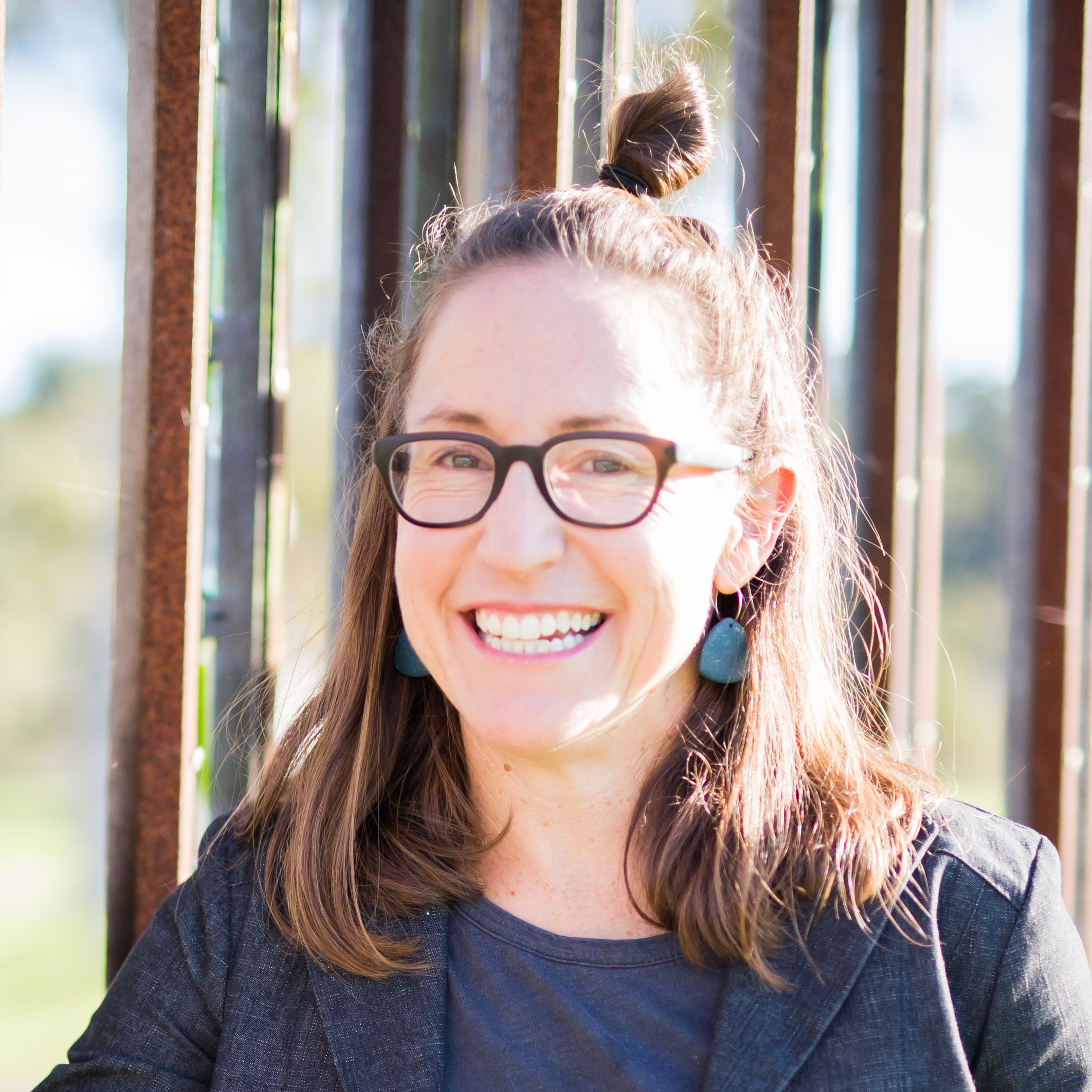Delivering a sustainable future for all Australians
From consumers to small businesses and large enterprises, we all have a role to play in delivering a sustainable future. Here’s how Australia Post is playing its part by reducing our own environmental impact and supporting a circular economy. Full details in our Annual Report 2021 (PDF 26.3MB).

The online shopping boom during the last 18 months has led to an increasing consciousness among consumers of how their online shopping habits impact the environment. Many are now seeking out retailers with sustainable business practices, and these retailers, in turn, are seeking out partners to help them achieve their sustainability goals.
For Australia Post, it starts with a parcel’s carbon footprint. Carbon neutral deliveries is one clear path towards building a sustainable future. Every parcel sent through the Post Office or MyPost Business is automatically carbon neutral at no extra cost. Since October 2019, we’ve delivered 124 million parcels carbon neutral.
“From the moment a parcel leaves the Post Office to the moment it arrives at its Australian destination or international hub, we offset the carbon emitted by purchasing carbon credits,” says Australia Post’s Chief Sustainability Officer, Susan Mizrahi. “These credits are then invested in projects that reduce emissions, like bushfire management, forest regeneration and renewable energy.”
The West Arnhem Land Fire Abatement Project is one of the four carbon offset projects we invest in. This project supports Aboriginal people in returning to, remaining on, and managing their country.
“We invest in carbon offset programs in Australian and abroad,” says Susan. “The programs we fund align with our strategic priorities and the United Nations Sustainable Development Goals that we directly impact through our operations.”
Download the Australia Post Annual Report 2021
Download the Australia Post Annual Report 2021
Sustainable packaging is the way forward
According to our 2021 Inside Australian Online Shopping report (PDF 13.4MB), 9 million Australian households shopped online in 2020. Of that number, 1.3 million were new online shoppers.
This online shopping trend is expected to continue and has led to a greater consciousness among customers about the environmental impact of their packaging. We’re meeting the demand for sustainable packaging and aim to have all our plastic packaging made from recycled content by the end of 2021.
In this way, we continue progressing towards these four Australian Packaging Covenant Organisation (APCO) targets:
- 100% reusable, recyclable or compostable packaging
- 70% of plastic packaging being recycled or composted
- 50% of average recycled content included in packaging
- The phase out of problematic and unnecessary single-use plastics packaging
In October 2021, Australia Post’s Soft Plastics Collection program was selected as a finalist in the 2021 APCO Our Packaging Future Awards.
Susan says, “We have a large retail footprint and distribution network. As more of our customers shop online, we have to work harder to provide sustainable solutions across all our services. There is no negative trade-off between sustainability and business outcomes. There are only positive outcomes on both sides.”

Recycling soft plastics with REDcycle
In Australia, only 56% of all packaging waste is recycled. Most remaining packaging ends up in landfill, resulting in huge costs for our economy and environment.
In 2017, we adopted the Australian Recycling Label. To help customers recycle their soft plastics, including our satchels, we partnered with REDcycle this year to launch a Soft Plastics Collection Trial in regional NSW this year. Our customers recycled over 298kg or 74,500 pieces of soft plastics during the eight-week trial.
Following this success, we’re now working closely with our Licensed Post Offices (LPOs) to extend this service across the country and give more Australians a soft plastics recycling option.
REDcycle also gives soft plastics a second life by turning them into new products – including indoor and outdoor furniture, bollards, signage and asphalt. Some of the furniture has been donated to fire-affected communities in Queensland and Victoria. One of our recipients was the Chinchilla Post Office.
Its Postal Manager, Darren Williams, says, “It was fantastic to receive a new bench for our Post Office. It has been very warmly received by the community. The fact it’s made from recycled soft plastics really shows what an impact recycling can have.”

Facilitating the circular economy
As Australia’s largest logistics provider, we’re committed to being an impactful enabler of the circular economy – helping society shift from a ‘take, make and dispose’ consumption model to one that retains much value as possible for as long as possible.
The returns programs that use our extensive network – including MobileMuster, Cartridges4PlanetArk and Nespresso – are strong examples of the circular economy in action.
Head of MobileMuster, Spyro Kalos, estimates there are at least five million broken phones lying in homes nationwide and says 57% of Australians don’t realise mobile phone accessories can be recycled.
“These phones are a stockpile of untapped resources that can be used to avoid future greenhouse gas emissions, save energy, protect the environment and conserve natural resources. The simple action of recycling can make a positive impact.”
In July 2020, we collaborated with Telstra and social enterprise, PonyUp for Good, to collect and responsibly recycle outdated Telstra rental landline phone handsets – keeping 4,084kg of technology out of landfill.
PonyUp for Good then donated 50% of the program’s profits to food rescue charity SecondBite, who delivered 6,740 fresh meals to Australians experiencing food poverty.
And since 2016, we’ve convened the Revamp Network, a collaborative cross-sector forum to find new and innovative solutions for the responsible production and consumption of goods.
Zero tolerance for modern slavery
We are vigilant in making sure the way business is conducted doesn’t have a human cost. In December 2020, we published our Modern Slavery Statement (PDF 1.37MB) that publicly outlined our actions to address modern slavery risks in our business and supply chain.
Our Modern Slavery Working Group continues to lead our enterprise strategy to identify and address our key risk areas and ensure our operations and supply chain are slavery free.




